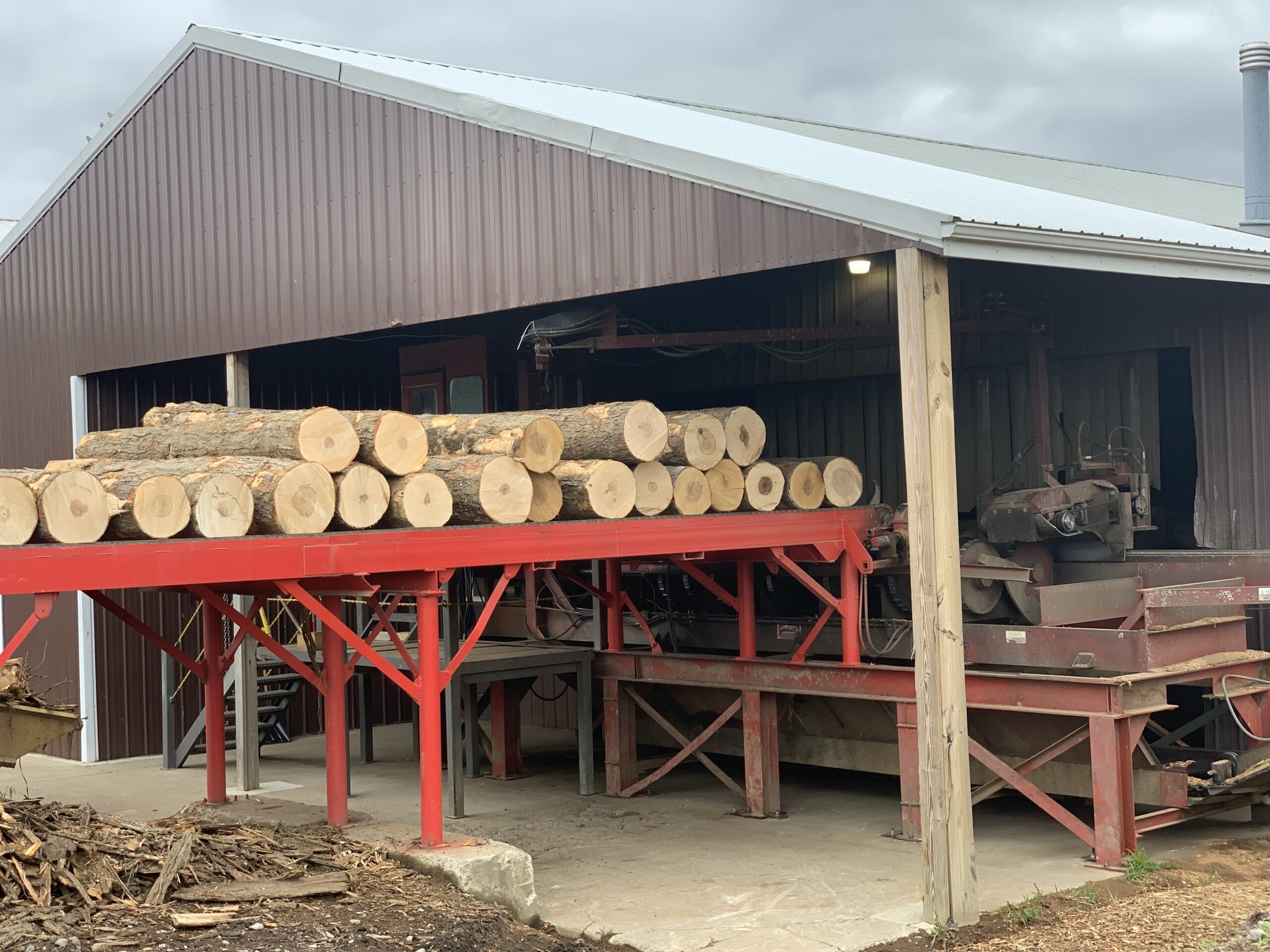-
Timber Industry: a Vital Part of the Economy
Despite its huge significance, the timber industry is one of the most underrated sectors in the economy. In most countries with vast forest resources, the wood industry has played a significant role in improving the socio-economic status of the residents. By and large, timber is an essential commodity for everyone on earth. From manufacturing paper for writing, printing, and packaging to wood for construction and furniture making, we cannot overlook the importance of timber.
Importance of the Timber Industry to the Economy
1. Source of Raw Materials
The timber industry also provides raw materials for industrial processing, medicine, and supports agriculture by providing materials for manufacturing farm implements, storage facilities, dryers, and fuel for food processing. Considering that wood supplies are renewable, it only makes sense that more emphasis is put on the growth of the timber industry.
2. Creates wealth and jobs
According to the World Bank, the informal timber sector employs over 41 million people worldwide, while the formal sector employs about 13.2 million people. That’s jobs for over 54 million people worldwide, which is a huge number by any standard. The jobs range from charcoal production to retail, wood collection (small-scale), and wood transportation. For example, the charcoal sector in Sub-Saharan Africa alone employs an astonishing 7 million people.
3. Contributes largely to GDP
With a turnover of over $600 billion annually to the global GDP, the timber industry is one of the major contributors to the world economy, at 1%. This is despite many employees in the informal timber sector needing to work more efficiently to maximize the forest resources, and if they did, the revenue would be higher.
4. Improved Living Standards and Infrastructure
Urbanization, economic development, and the ever-growing population mean that the demand for timber and other wood products is growing drastically. That means that more employees will need to take on the demand, which translates to a reduction in poverty among low-class residents.
On the other hand, forest resources are dwindling, and there need to be strategies to rejuvenate the forest landscapes. Countries need to do this through reforestation and tree planting, which means getting more employees (be it formal or informal) to handle the task.
All factors considered, the world economy would take a massive hit if the timber industry were to stop working at optimum capacity. Many jobs will be lost, which in turn means revenue locally and globally will be affected. And that’s not to mention the impact on day-to-day operations within every sector, which needs paper, medicine, packaging materials, and fuel to be efficient.
Conclusion
Without a doubt, the wood industry is one of the most important sectors of the world economy, and it has been for centuries. As such, there needs to be more emphasis on streamlining operations in the timber industry, ensuring that both the formal and informal employees get a slice of the pie. With that, the economy, agriculture, and daily activities can run smoothly.




